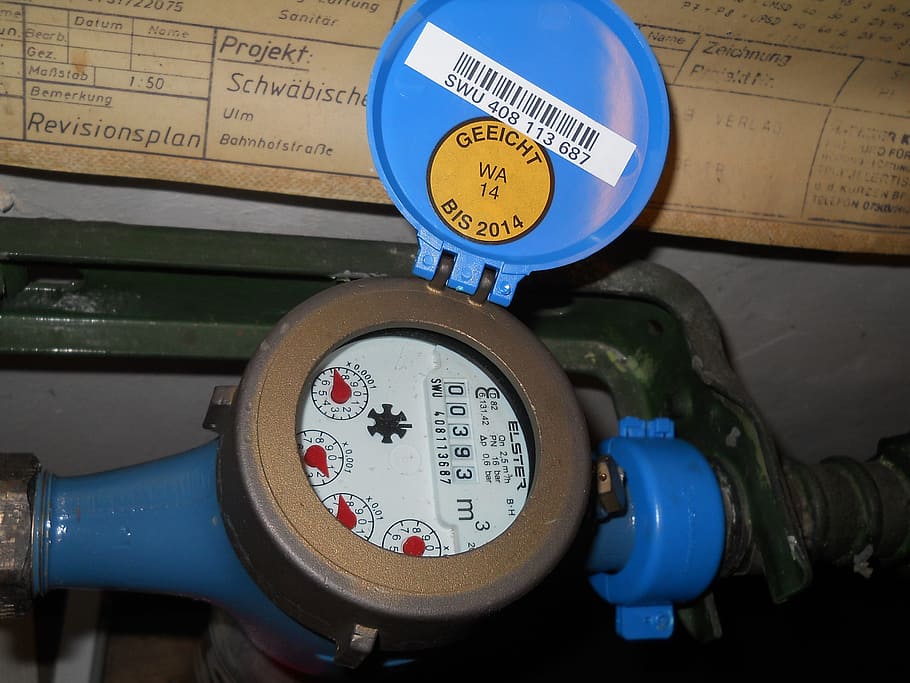How Do I Know if I Have a Slab Leak?

The Grand Canyon is an awe-inspiring sight. Over the course of 70 million years, the running waters of the Colorado River have carved a natural wonder that’s more than 277 miles long, a mile deep, and 18 miles wide at its widest point. If water can do that to rock, just imagine what it can do to your home’s foundation. Now, before you panic, Contact Ace Plumbing has some tips to identify slab leaks — and what to do if you suspect you have one.
Slab Leak Causes and the Damage Caused
Let’s start by defining what a slab leak is and what causes it. Many homes around Sacramento have concrete slab foundations with plumbing running underneath. As soil shifts or settles, what’s sitting on top of it (like your home and its foundation) is doing the same. That puts added weight and stress on your pipes, causing leaks or failure. Corrosion, bad soldering, and bad water quality can also erode your pipes and cause leaks.
When your pipes leak, water is seeping into the surrounding soil, causing further shifting and settling. That often causes more damage to the pipes, and to your foundation. Left unaddressed, the resulting soil erosion can lead to structural cracks, leaks, and even sinkholes — any of which is prone to lead to extensive and expensive damage to your home.
Identifying a Slab Leak
Given the potential consequences of a slab leak, it helps to be able to identify and solve the problem as soon as possible.
- High Humidity/Condensation: If there always seems to be high humidity or condensation in your basement or crawl space, it’s time to check for a leak.
- Low Water Pressure: If water is leaking from your mains, less of it is going to your indoor plumbing. Low pressure may be a sign of a leak.
- Cracked Floors: As we’ve mentioned, water leaks cause soil erosion and shifting; that, in turn, often leads to cracks in the concrete as it settles unevenly.
- Climbing Water Bills: If you’re paying more for water even though you’re not using more of it, or if your sump pump is working day and night when there’s been no rain, call us.
- Warm Floors: Sometimes indoor plumbing is the problem, and not the outdoor connections. If a concrete floor or wall is warm to the touch, it may be a sign of a hot water heater leak.
- Odd noises: If your water’s off and your water meter is still running — or if you hear running water when nothing is turned on — it’s not all in your head. It’s likely you have a leak.
Slab Leak Repair
A word of caution (or comfort, depending how you look at it): before you panic and think there’s a slab leak repair in your future, take a deep breath and call us. The signs we’ve listed above aren’t just signs of slab leaks. There are other problems, like poor outdoor drainage, joint expansion, or clogged gutters, that can show many of the same symptoms. Ruling out a slab leak is just as common as repairing it!
Insurance Considerations
Before you undertake a slab leak repair, look over the fine print of your homeowner’s insurance. Most policies will cover water damage, but only under certain narrow circumstances (like a burst pipe). If you’re not sure, or even if you think you’re pretty sure, get in touch with your insurance company to see what’s covered first so you’re not shocked later.
If you think you have a slab leak, it’s better to know what you’re dealing with than to guess. For help identifying and fixing slab leaks, call Ace Plumbing!



